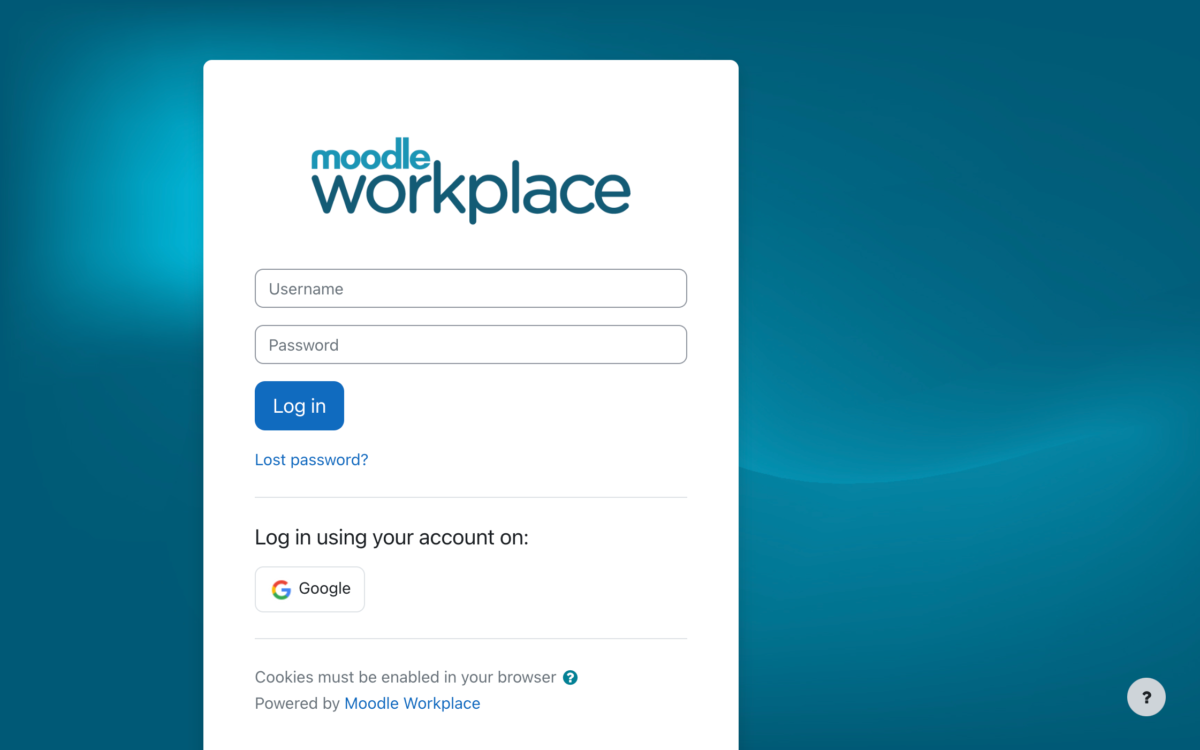The eLearning Guild recently published a report titled ‘Learning Management Systems’, 2010 written by Patti Shank Ph.D. Between the period August 2008 and August 2010, there were 909 responses to the Learning Management Systems survey conducted by The eLearning Guild. The survey data was the basis of this report. Here’s some of the key findings as documented in the report.
Almost all respondents feel that a LMS is worthwhile and improves access to learning, is an essential tool, and allows better distribution of learning. Interestingly, more than a third think that the LMS can also be an impediment to learning.
More than 75% of respondents are satisfied with their application’s cost, usefulness, and ease of use for learners. But there were far lower satisfaction scores for technical implementation, including the ability to integrate other enterprise-level systems, support for talent management, social networking, gaming and simulations.
The top 3 LMS applications in use by all respondents are Moodle, Blackboard and TotalLMS. Despite the fact Moodle was initially considered an academic solution, it has now popularised in the corporate sector.
Comparative analysis of survey data shows Moodle LMS garnered the most satisfaction for ease of installation, cost, reporting capabilities, time to implement, living up to promises, assessment capabilities, measuring business impact, content migration and customisation.
On average, the majority of respondents spent two to six months on each phase of implementation. Administration took longer. Larger organisations spend more to acquire, customise and install the LMS. Organisations also need to consider ongoing costs such as consultancy, hosting, training and support.
According to the majority of survey respondents, the Training department owns the LMS, however, the Human Resources department owned the LMS most often in organisations with more than 500 staff. Almost all respondents administer their own LMS, but hosting is split internal and external. Almost 13% plan to abandon their LMS. More than a quarter plan to expand use for HR initiatives, support web 2.0 or upgrade.
Implementing a LMS is complex and time intensive mission. There are many considerations, including whether your organisation really needs an enterprise-level commercial LMS. Open source solutions such as Moodle and Totara definitely reduce the total cost of ownership and increase the return on investment. Be clear on your specific needs before approaching solution providers with your e-learning requirements.







